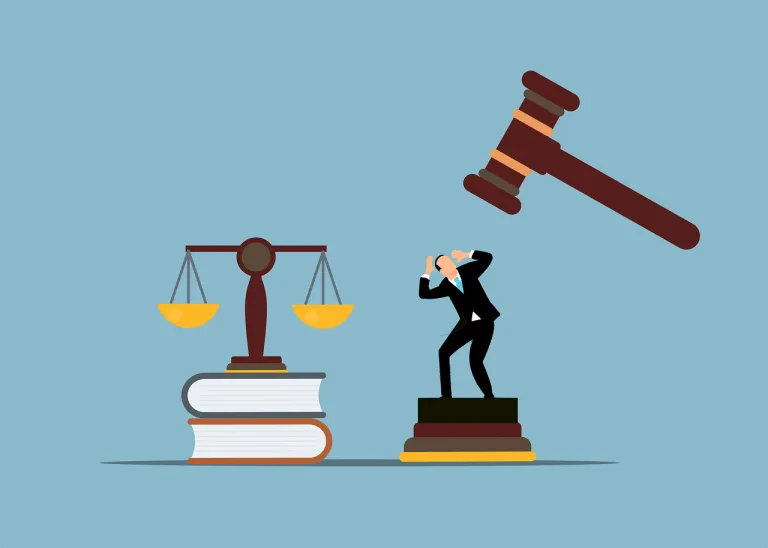In the ongoing debate over government’s role in society, it is being argued whether or not it should intervene in its citizens’ lives. Some believe that a government is best when it does little while others argue for some forms of governmental intrusion.
A philosophy of “less is more” suggests that minimal interference by government leads to better social outcomes. This approach emphasizes individual liberty and self-government; according to this view, most people are capable of making their own decisions about how they live without constant monitoring by the state. Advocates for this stance frequently cite examples where excessive state control has been detrimental to progress, limited civil liberties and increased red tape.
In addition, there is the maxim that “government cannot bestow upon itself authority which would be illegal for individuals to possess” that goes a long way in explaining how governments obtain their powers. Accordingly, governments should only use whatever powers are fair and legal while at the same time have their actions judged under the same moral and legal codes as those of any individual citizen.
The other major concern has to do with corruption due to an excess of power being concentrated among government officials. “Power corrupts; absolute power corrupts absolutely.” This saying serves as a reminder of the ever present potential for abuse when authority is left unchecked. History provides many examples where states have failed to tame corruption and authoritarianism when they are given too much freedom by their own acts of omission.
Furthermore, this idea is evidenced by the statement “violence is the last refuge of the inept” and it underpins the necessity to choose peaceful options when handling conflicts and disagreements. In all situations, diplomacy, negotiation, and other non-violent means should be used in order to bring about a resolution between the conflicting parties. Resorting to violence amounts to poor leadership which is an indication of being unable hence not suitable for governance.
On a practical sense however, advocating for limited government intervention does not mean that one advocates for no government intervention at all. Governments have specific mandates which they are obligated to fulfill such as national security, law keeping and infrastructure development. Nonetheless, it is important to strike a balance between necessary government services and individual freedom so that there can be some limitations on what extent governments can go through their interventions.
Finally, limited government intervention proponents rely upon these tenets; individual freedoms; limited government authority; corruption avoidance and prevention of violence in its argumentation. Maintaining order plus ensuring basic needs could require some level of intrusion from government while ill-advised meddling by it might negatively affect society as a whole. By following the concept of limited government societies will aspire to reach.
Posted Using InLeo Alpha
